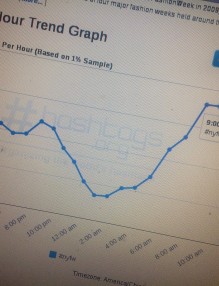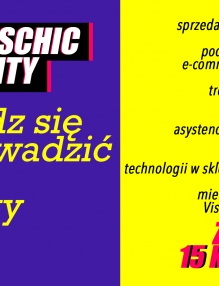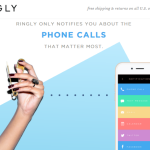Generation Z consists of our children and the later part of Generation X, people born after 1995. Generation Z are the teenagers who have never known the world before the Internet and 11 September. They were brought up with laptops, smartphones, and tablets and have used the Web since the day they were born. On a much bigger scale than us – they are the creators of new technologies who process a huge among of data (once have only 8 seconds to catch their attention) will live according to the rules of Google Docs or Uber – the rules of collaboration and contribution.
They are people socially and politically sensitive, less egocentric than their parents, more orientated towards the common good but on the other hand towards the personalization and sampling of knowledge. As digital natives, they have never known the world without new technologies. They can quickly utilize them (for education and entertainment), that’s why they’re self-sufficient, logical thinking, and active. They prefer to send messages (54% of American teenagers use communicators) than talk face-to-face, but paradoxically the unfamiliarity with the offline world makes them want to run away from these new technologies and go back to the analog life.
Who makes up Generation Z
Typical representatives, even model-like in my opinion, of Generation Z are e.g. Lorde, Lily Rose Depp, Willow and Jaden Smith – popular on social media – especially on Instagram – which are more and more utilized by the fashion business (Chanel or Marc Jacobs). They use:
- Instagram (77% of American students)
- Youtube (93% use it at least once a week)
- Twitter (76% of American students)
- What’s up (25% of US teenagers)
- Whisper and other anonymous sharing apps (11% of American teens)
Generation Z draws on experience from their parents and is politically and culturally active. It’s tolerant, open-minded and looking realistically at the media, culture, politics, and fashion and at the same time it ideologizes and personifies everything that it consumes. It demands honesty and social and political commitment from the media and the brand. It demands to be instantly informed about everything and the best way is visualizing it with emojis or documenting it through Snapchat or Instagram. The politicization has an influence not only on the content but also on the channels of communication – the RTB and the Internet of Things (IoT) will soon make new means of personalizing the message available.
Overbought with new technologies and at the same time able to sample the information and create its own short messages – that’s the Generation Z which is suspended between the online and offline world. Glued to the smartphone, it will look for analog means of communication and creation.
Generation Z as fashion consumers – the ethical children of Google Docs
You may also like
-
 25 Jan
25 JanFashion Magazines in the Age of New Technologies
business of fashionOffline reading is luxury time. Sometimes, you read for yourself, away from the rumpus of ...
-
 03 Jun
03 JunAGILE Fashion Manifesto
business of fashionMy AGILE Fashion Manifesto The agile action is already in use. In IT businesses, this ...
-
 09 Apr
09 AprLearn how to run fashion business online with GeekGoesChic University
business of fashionWe’re relaunching GeekGoesChic University – course which will help you to run online fashion brand ...
-
 23 Jun
23 JunHow to sell fashion in 2020? the (near) future of ecommerce | Fashion Tech 101
business of fashionThe sad true about fashion industry is that many small brands do not hire marketing ...



